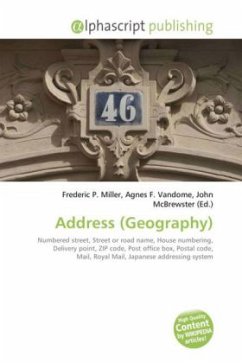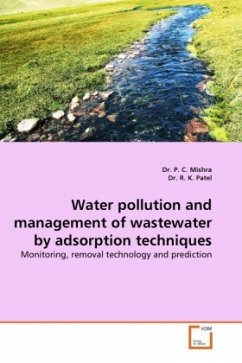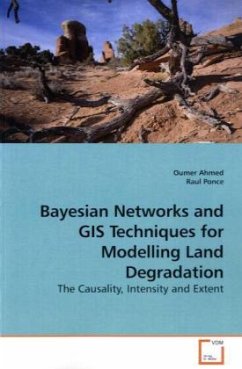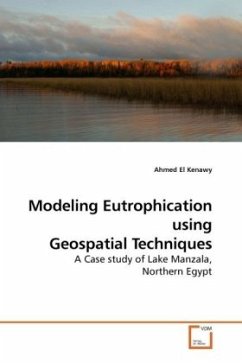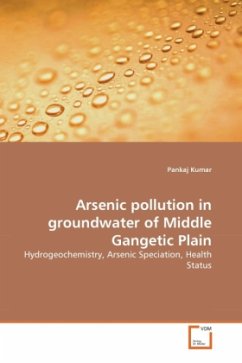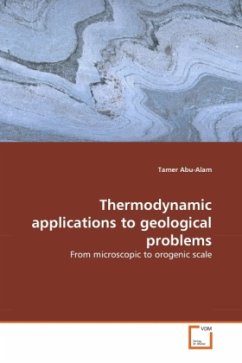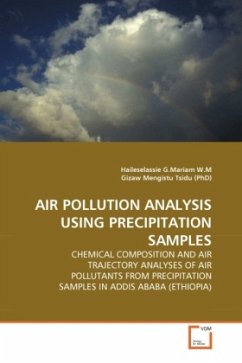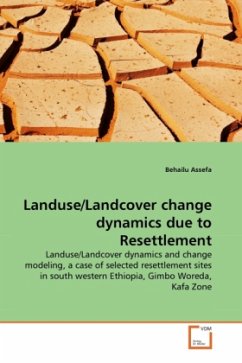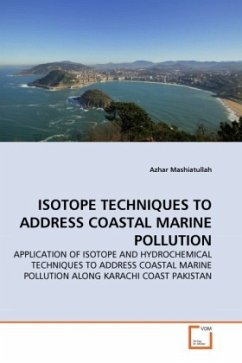
ISOTOPE TECHNIQUES TO ADDRESS COASTAL MARINE POLLUTION
APPLICATION OF ISOTOPE AND HYDROCHEMICAL TECHNIQUES TO ADDRESS COASTAL MARINE POLLUTION ALONG KARACHI COAST PAKISTAN
Versandkostenfrei!
Versandfertig in 6-10 Tagen
39,99 €
inkl. MwSt.

PAYBACK Punkte
20 °P sammeln!
Most of the environmental studies make use of the naturally occurring isotopes with the advantage that they need not be injected in the system for a particular study Stable isotopes such as isotopes of light elements (hydrogen, carbon, nitrogen, oxygen, sulphur, chlorine) are most commonly used in combination with conventional techniques in the environmental studies. Isotope like C-13, N-15, and S-34 are used to study the origin, type, fate, behavior of pollutants in a system. In this study, stable isotopes have been applied in combination with conventional techniques to investigate Karachi Co...
Most of the environmental studies make use of the naturally occurring isotopes with the advantage that they need not be injected in the system for a particular study Stable isotopes such as isotopes of light elements (hydrogen, carbon, nitrogen, oxygen, sulphur, chlorine) are most commonly used in combination with conventional techniques in the environmental studies. Isotope like C-13, N-15, and S-34 are used to study the origin, type, fate, behavior of pollutants in a system. In this study, stable isotopes have been applied in combination with conventional techniques to investigate Karachi Coastal water pollution due to Layari and Malir rivers, which mainly carry Karachi Metropolitan domestic and industrial wastewater. The present study has demonstrated that stable isotopes ( 13C, 15N, 34S, 2H and 18O) can be effectively used to monitor the marine pollution and to investigate origin of salinity in the coastal aquifer. This study may also provide a precise and accurate isotopic database for researchers interested in seawater pollution and its effect on benthic life.



